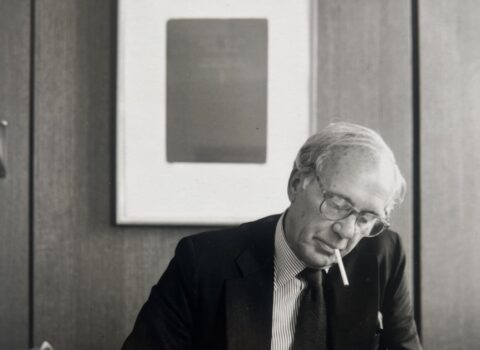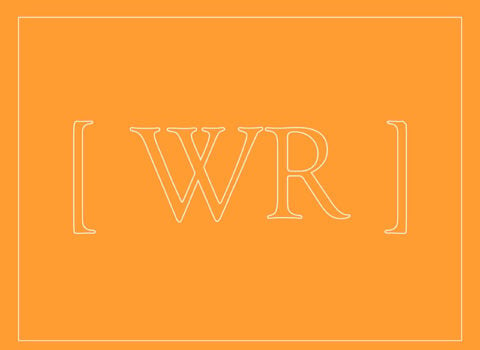Common sense seems to dictate that the rise of automation will bring about the economic demise of the working class. But need this be true? This assumption draws on a history of economic thought, from Malthus to Marx, that accepts laws such as the labor theory of value and the iron law of wages—laws that imply poverty as a necessary consequence—as inevitable. In the June issue of Harper’s Magazine, Marilynne Robinson examines this history. Drawing upon Henry George’s Progress and Poverty, she explores economic theories that might support alternate modes of creating and distributing wealth across society. Robinson argues that, rather than being a corollary following from the laws of economics, “the creation of poverty is as fully intentional as the creation of wealth.” If poverty is not necessary but merely a consequence of our current cultural beliefs and economic systems, how might we alter our notions of who creates value, and who benefits from it, in order to live in a more humane and just society?
In this week’s episode, Christopher Beha, executive editor of Harper’s Magazine and the editor of “Is Poverty Necessary?,” speaks with web editor Violet Lucca about Marilynne Robinson’s self-education in economics, why poverty persists even as nations get richer, and whether a “third way” beyond Marxist theory and classical economics might exist.







